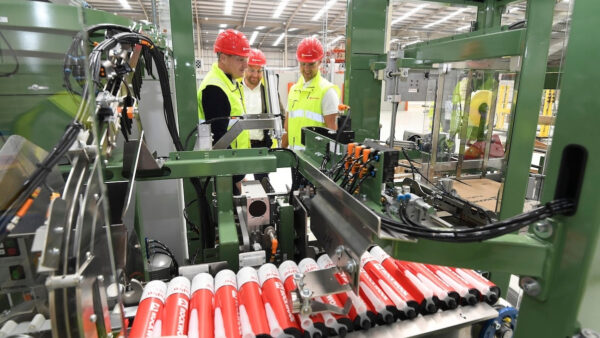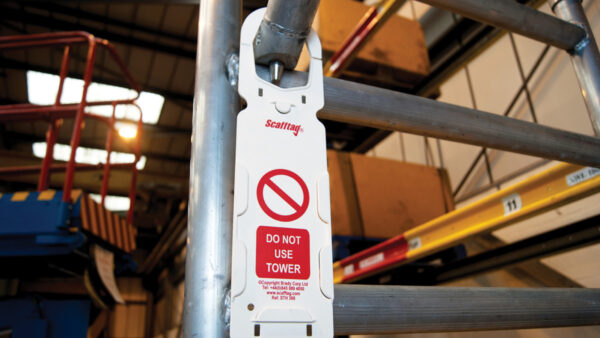Issues over visas and increased red tape could price migrant workers out of the employment market, warns Alan Kennedy

Construction and engineering firms across the UK are bracing themselves for a difficult period as the fees linked to employing migrant workers from the EEA and Switzerland have increased dramatically following Britain’s departure from the bloc. Rocketing fees are pricing migrant workers out of the UK employment market – but there aren’t enough UK workers to fill the gaps.
Employers need to consider how they will manage any labour shortages as a result of the new immigration rules. They should be reviewing their recruitment procedures and factoring in additional time for EU workers to apply for and obtain visas, while also looking at other ways to offset additional costs.
A medium to large company looking to cover all fees for a single migrant worker over a five-year period could face immigration costs of up to £10,000. And any company caught breaking the rules and failing to perform a right to work document check correctly will be fined £20,000 per illegal worker – with no cap on the number of fines that can be issued to any one employer.
“Businesses should carry out an audit on the workforce and assess how reliant the business is on EU workers and in what areas”
The effect of Brexit on the construction industry has been widely publicised and the cost of sponsoring a migrant worker under the points-based system is likely to be felt widely across the industry. While the government’s “build back better” agenda aims to support economic growth through major investment in infrastructure, skills and innovation, labour shortages as a result of the new immigration rules could be an obstacle.
We are hearing from clients that they are concerned about the impact of these higher fees, which include the costs of applying for a sponsor licence and for visas, the immigration skills charge and then the health surcharge. It is likely that these costs will cause real issues within the industry, given its reliance on EU workers.
We have already seen some contractors operating under immense strain in terms of their profit margins, some of them running on 2% or 3% margins, or less. This added cost and the layer of extra administration that goes with it will make accessing the workforce from the EU very challenging.
Given construction’s reliance on low-skilled work from the EU, this is likely to cause a number of other issues for the industry, as roles such as general labourers and plant/machine operatives will tend to be excluded under the new points-based system.
Under the new immigration rules the focus is on “skilled” work and there is currently no route into the UK for low-skilled employment. There is also a skills requirement (A-level or equivalent) and a minimum salary threshold (generally £25,600 or the going rate for the role) which must be met.
Further, applicants will need to have a job offer from a licensed sponsor, which will mean employers need to have a sponsor licence in place – this attracts additional costs and increased responsibilities for employers.
EEA and Swiss nationals who were in the UK on or before 31 December 2020 have until 30 June 2021 to apply for either pre-settled or settled status under the EU Settlement Scheme. Settled status enables individuals to remain in the UK for an indefinite period and pre-settled status lets them stay for up to five years (which can then be changed to settled status once the individual meets the eligibility requirements).
Businesses should carry out an audit on the workforce and assess how reliant the business is on EU workers and in what areas. They also need to consider who is eligible for status under the EU Settlement Scheme and encourage (not force) employees to apply before 30 June 2021. They should also consider applying for a sponsor licence if they intend to sponsor EU workers under the points-based system.
While employers consider how to fill gaps in lower-skilled roles and plan for an increase in recruitment costs under the new immigration rules, they are best advised to seek support from their legal counsel sooner rather than later. The full impact on companies across the UK remains to be seen, not least because the entire sector is still dealing with covid-19.
Alan Kennedy is an associate at law firm Womble Bond Dickinson.











